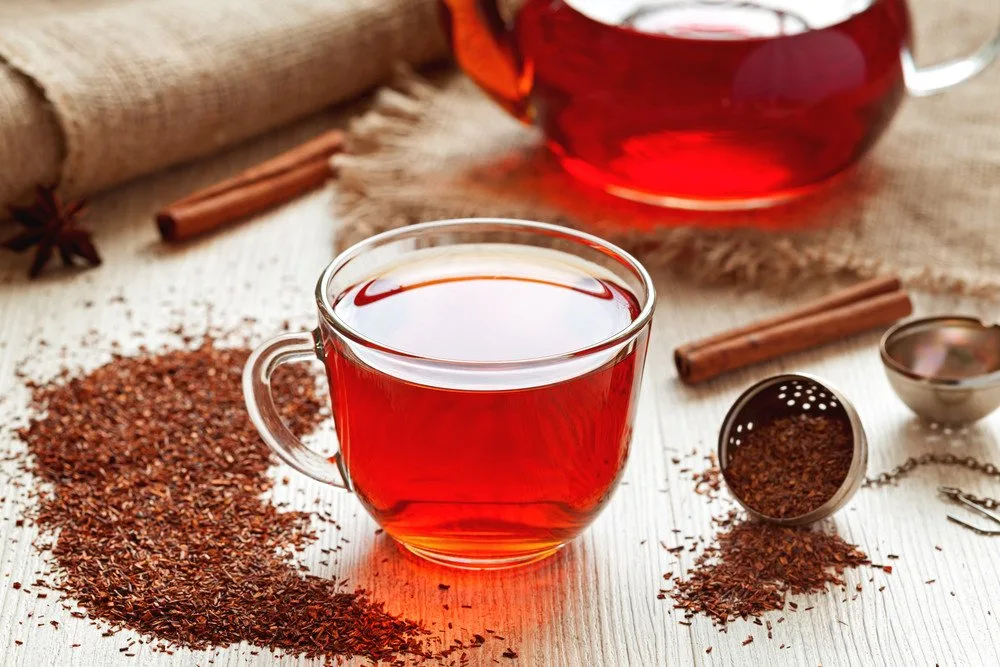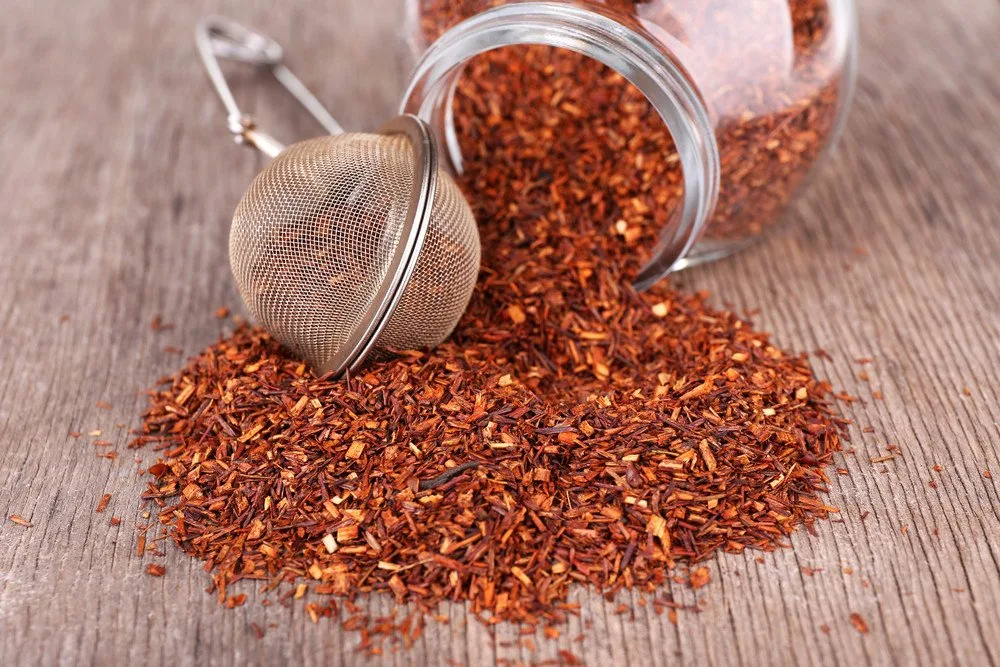South Africa: Rooibos has been identified as having a significantly positive impact on diabetes management. Decades of local and international research into Rooibos’ anti-diabetic properties confirms its effectiveness at improving sugar levels. This is when it is used in conjunction with a healthy lifestyle. It should form part of a holistic strategy to tackle the disease.
Prof Christo Muller, Chief Specialist Scientist at the SA Medical Research Council (SAMRC) says approximately 463 million people suffer from diabetes around the world – 90% of which are type 2 diabetics. “Diabetes is possibly the biggest non-communicable (NCD) epidemic of the 21st century. It’s a major public health threat everywhere in the world. There is also a growing incidence of type 2 diabetes among adolescents and children as well.”
The case for Rooibos
“In most cases, type 2 diabetes is a result of poor eating habits and sedentary living. This is then aggravated by other detrimental lifestyle behaviours, such as smoking and excessive alcohol intake. Research has shown that if intervened early on, the disease could be reversed. This can be done by making the necessary dietary and lifestyle modifications. Rooibos tea could play an important role in this approach.”
Aspalathin
“Aspalathin is a unique phenolic compound found only in the Rooibos species. It has been shown to improve blood glucose levels. Therefore, it could help to reduce the risk of type 2 diabetes. Green Rooibos is more abundant in aspalathin. According to animal studies, it was found to be especially effective at lowering raised blood glucose levels.”
“In these studies aspalathin, enhanced insulin activity, the hormone that controls blood sugar levels, by reducing inflammation and oxidative stress, which are factors that underlie the development of metabolic diseases such as obesity, type 2 diabetes and cardiovascular disease,” explains Prof Muller.
Rooibos and chronic conditions
Diabetics are two to four times more likely to die from heart disease or stroke. Here, Rooibos can be of benefit too. Aspalathin also protects the heart. It does this by suppressing vascular inflammation and atherosclerosis (plaque build-up inside artery walls) that occurs as a result of high blood sugar levels.
Due to Rooibos’ rich antioxidant activity and potential for clinical use, it is gaining more attention worldwide.
Plant-based therapies
Joe Swart, Research Director for the SA Rooibos Council (SARC) says in view of the limited access, long-term inefficacy, and side effects of oral anti-diabetic medication in Africa, plant-based therapies for the treatment and prevention of NCDs are gaining considerable prominence.
Control glucose and cholesterol
“Scientists have already developed a method for the synthesis of aspalathin into an active pharmaceutical ingredient and for use as a nutritional supplement.
“Aspalathin-rich green (ARG) Rooibos extract can be utilised in novel therapeutic preparations for the treatment and management of metabolic dysfunction. This can include the control of glucose and cholesterol, which in turn reduces the risk of heart disease. The products have application in the complementary medicine, nutritional supplement and veterinary markets. Rooibos shouldn’t be viewed as a panacea. However, in conjunction with a healthy lifestyle, it could significantly improve health outcomes,” he says.
Rooibos and aging?
Scientists from the Nelson Mandela Metropolitan University in South Africa found that rooibos has the ability to help keep aging-related diseases from developing.
Read more
Read more about rooibos and it’s use in cosmetic products.






![women [longevity live]](https://longevitylive.com/wp-content/uploads/2020/01/photo-of-women-walking-down-the-street-1116984-100x100.jpg)









